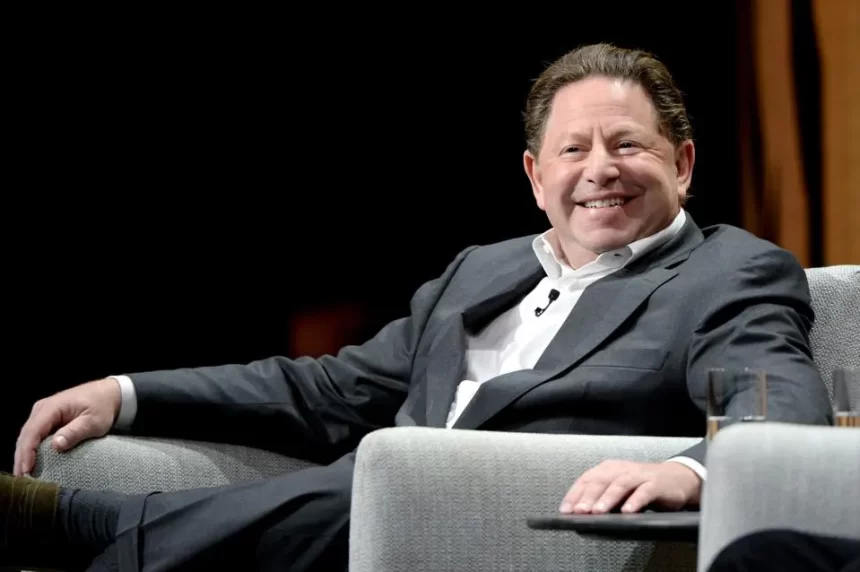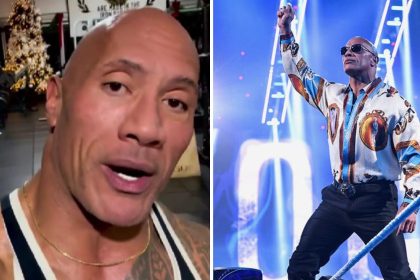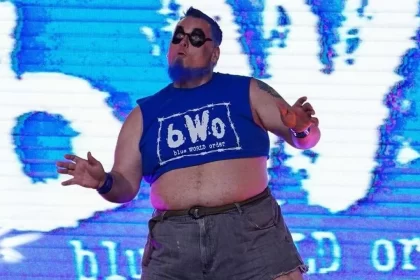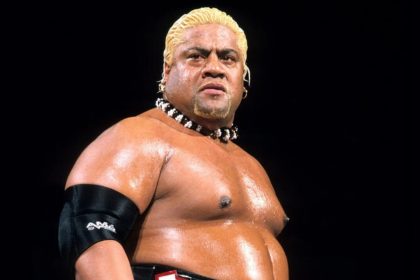Former Activision Blizzard CEO Bobby Kotick has reportedly shown interest in acquiring TikTok, potentially altering the social media platform’s ownership landscape. The Wall Street Journal indicates that Kotick has initiated discussions with ByteDance founder Zhang Yiming regarding a potential purchase, should ByteDance opt to sell.
The potential sale is speculated to be valued “in the hundreds of billions of dollars,” necessitating Kotick to seek partners for fundraising efforts. Among these partners could be Sam Altman, CEO of OpenAI, with rumors suggesting that TikTok could serve as a tool for training AI models for the company.
Kotick has also floated this concept to other interested parties during a recent Allen & Co dinner. Notably, in 2020, Microsoft had also expressed interest in acquiring TikTok, a move that significantly boosted the platform’s value by $77 billion at the time.
However, TikTok finds itself under scrutiny due to the proposed US bill, the Protecting Americans from Foreign Adversary Controlled Applications Act. This legislation aims to safeguard national security by addressing concerns over foreign adversary-controlled applications.
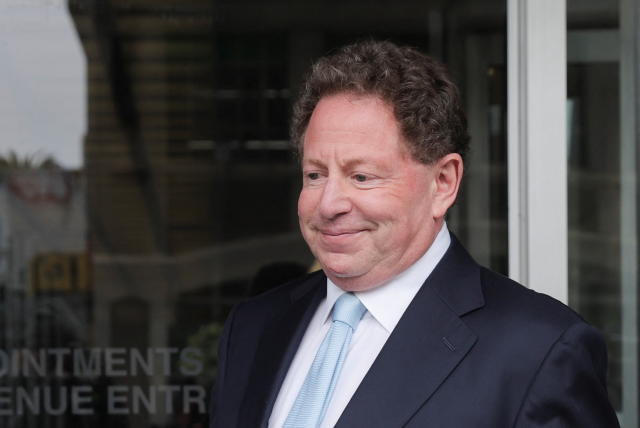
TikTok and its parent company ByteDance have long been viewed as potential security risks to the US, given suspected ties to the Chinese government. Under this new bill, if enacted, ByteDance would be compelled to divest TikTok within six months or risk facing a ban in the US.
US President Joe Biden has signaled his readiness to sign the legislation, stating, “If they pass it, I’ll sign it,” according to CBS News.
Meanwhile, Kotick has departed from Activision Blizzard following Microsoft’s acquisition of the company, with a reported pay package of around $400 million. Kotick’s tenure at Activision Blizzard spanned 32 years, during which he was embroiled in various controversies.
Recently, Activision Blizzard reached a settlement with the state of California, agreeing to pay $54 million to the state and an additional $47 million to female employees who experienced workplace harassment between 2015 and 2020. The company had faced allegations of fostering a toxic “frat boy” culture.

